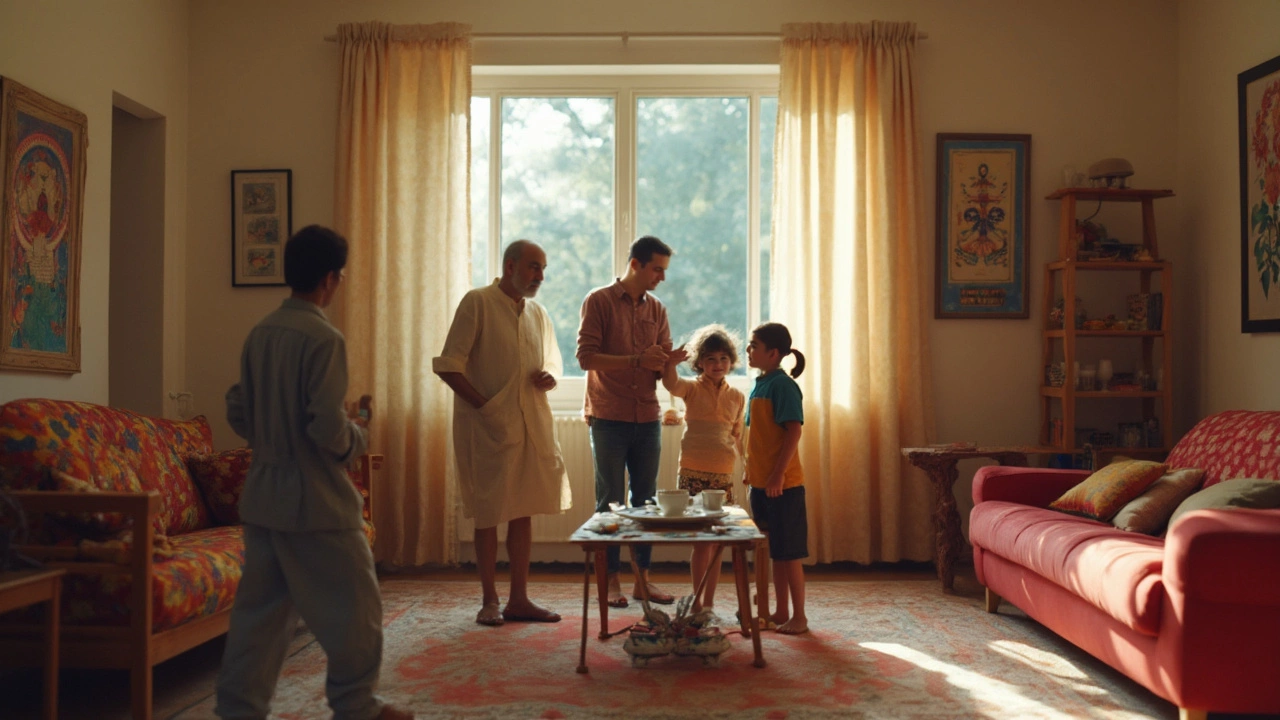IKEA: What You Need to Know About the Global Furniture Giant in India
If you’ve ever walked into an IKEA store, you’ve probably felt the mix of bright showrooms, flat‑pack boxes, and that signature Swedish feel. But how does that experience translate to India’s crowded furniture market? In this article we’ll break down why IKEA matters here, who’s giving it a run for its money, and what you should look for when picking a new sofa or dining set.
Why IKEA resonates with Indian shoppers
IKEA’s appeal is simple: affordable design, easy assembly, and a predictable quality level. In India, where space is at a premium and budgets vary widely, the brand’s modular solutions fit right into small apartments and growing families. The company also localises its catalog—think teak‑look tables that match Indian teak furniture, or colour palettes that suit local tastes. That mix of global style and local relevance helps IKEA stand out from pure importers.
Another advantage is transparency. Every item comes with a clear price tag, a flat‑pack guide, and a warranty that’s easy to understand. For many first‑time buyers, that clarity replaces the guesswork you often face in traditional markets.
IKEA competitors in India: Who else is shaping the furniture scene?
While IKEA enjoys strong brand recognition, several Indian companies are catching up fast. Urban Ladder, for example, focuses on online sales, curated collections, and quick delivery—features that appeal to city dwellers who want convenience over the in‑store experience. Pepperfry offers a massive marketplace of both local artisans and global brands, giving shoppers a wide price range and style options.
Home Centre, a part of the Lifestyle group, blends IKEA‑style affordability with a strong offline presence. They run regular sales and seasonal promotions that can undercut IKEA’s price points on similar items. Meanwhile, local manufacturers in cities like Delhi and Bengaluru are becoming popular for custom‑made furniture that matches regional aesthetics, something flat‑pack models can’t always deliver.
Each of these players brings something different to the table: Urban Ladder’s sleek online UI, Pepperfry’s marketplace variety, Home Centre’s brick‑and‑mortar reach, and local workshops’ custom craftsmanship. If you’re budgeting, it’s worth checking all of them before committing to a big purchase.
So, what should you keep in mind when comparing IKEA to its rivals? First, think about assembly. IKEA’s flat‑pack design saves money but requires time and tools. Competitors often deliver pre‑assembled pieces, which can be a lifesaver if you’re not handy. Second, consider after‑sales service. Local brands may offer faster repair or replacement because they’re nearby, while IKEA’s service centres are fewer.
Finally, look at the overall design language. IKEA’s minimalist, Scandinavian vibe works well in modern apartments, but if you prefer richer wood finishes or traditional Indian motifs, you might lean toward a local brand that specialises in those styles.
In short, IKEA provides a solid baseline of affordable, stylish furniture, but India’s furniture market is evolving quickly. By checking out Urban Ladder, Pepperfry, Home Centre, and independent makers, you can find pieces that match your budget, style, and convenience needs.
Whether you end up with a flat‑pack bookshelf from IKEA or a hand‑crafted wooden dining set from a local artisan, the key is to compare prices, delivery options, and after‑sales support. That way you’ll get the best value and a piece that truly fits your home.
